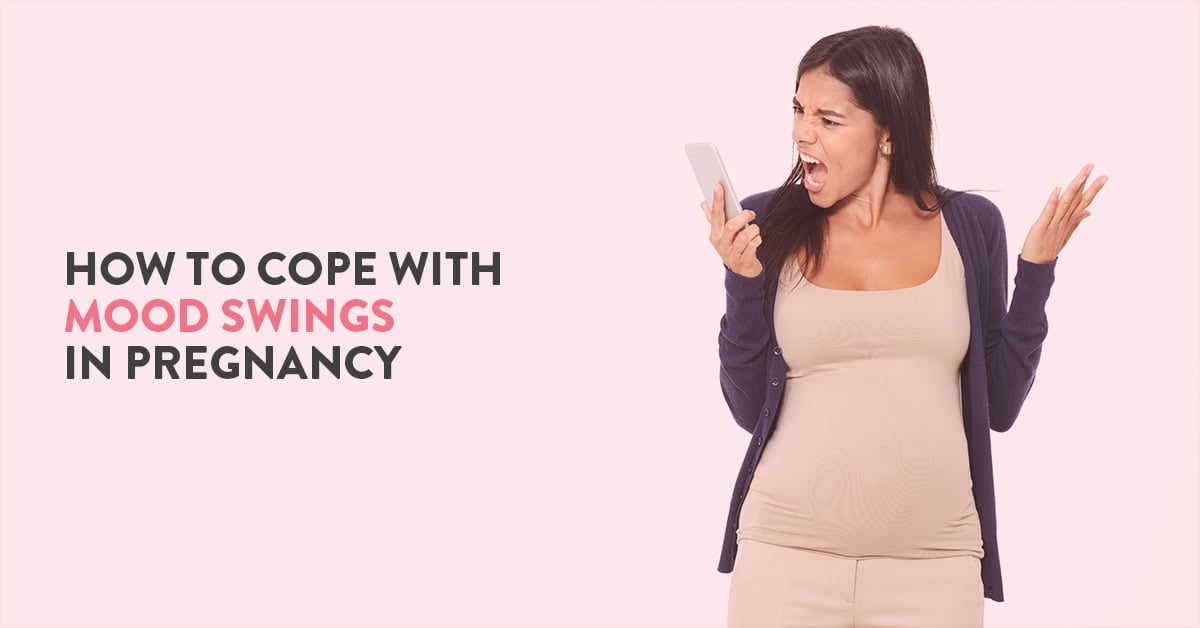Unique Info About How To Cope With Pregnancy Hormones
/How-to-deal-with-hormonal-acne-during-pregnancy-5199367-V2-f4adf896df3b4ceea06a730bbbf127a7.png)
“during the first trimester of pregnancy, a woman’s progesterone level is very high,” says greves, which causes the smooth muscles in your body to.
How to cope with pregnancy hormones. Research suggests that about 7% of pregnant women experience depression during pregnancy. Rates might be higher in low and middle income countries. Low apgar score (which rates a newborn's health after delivery) poor adaptation outside the womb, including respiratory distress and jitteriness.
What can your partner do for pregnancy mood swings? Here are some things you can do to cope with the physical effects of pregnancy hormones: Eat small meals or snacks every two to three hours rather than three large meals to ease the symptoms.
Chew your food slowly and completely. If nausea is a problem in the. Your doctor can help you find a treatment, medication or support that is safe for your pregnancy.
It is best to take the test after you have missed your period because taking it too early can produce a false negative since there is not. Risks to the mother include:. Move your mind you can try activities that help your body release endorphins.
Most people know, or at least intuit, that the process of pregnancy and birth is the most extraordinary thing. If movement is especially irritating for your tender breasts and nipples, consider wearing a sports bra or sleep bra when you go to bed for 24/7 relief. Eating healthy and natural foods (instead of processed foods) not only promotes physical health for your and your baby, but it also helps with your emotional stability.
Always speak with your doctor before starting a new exercise routine during pregnancy. Nine months of dramatic bodily changes, possible nausea, weird food. One of the most important things a woman can do to cope with stress during pregnancy is simply to recognize the factors at play, kimmel said.
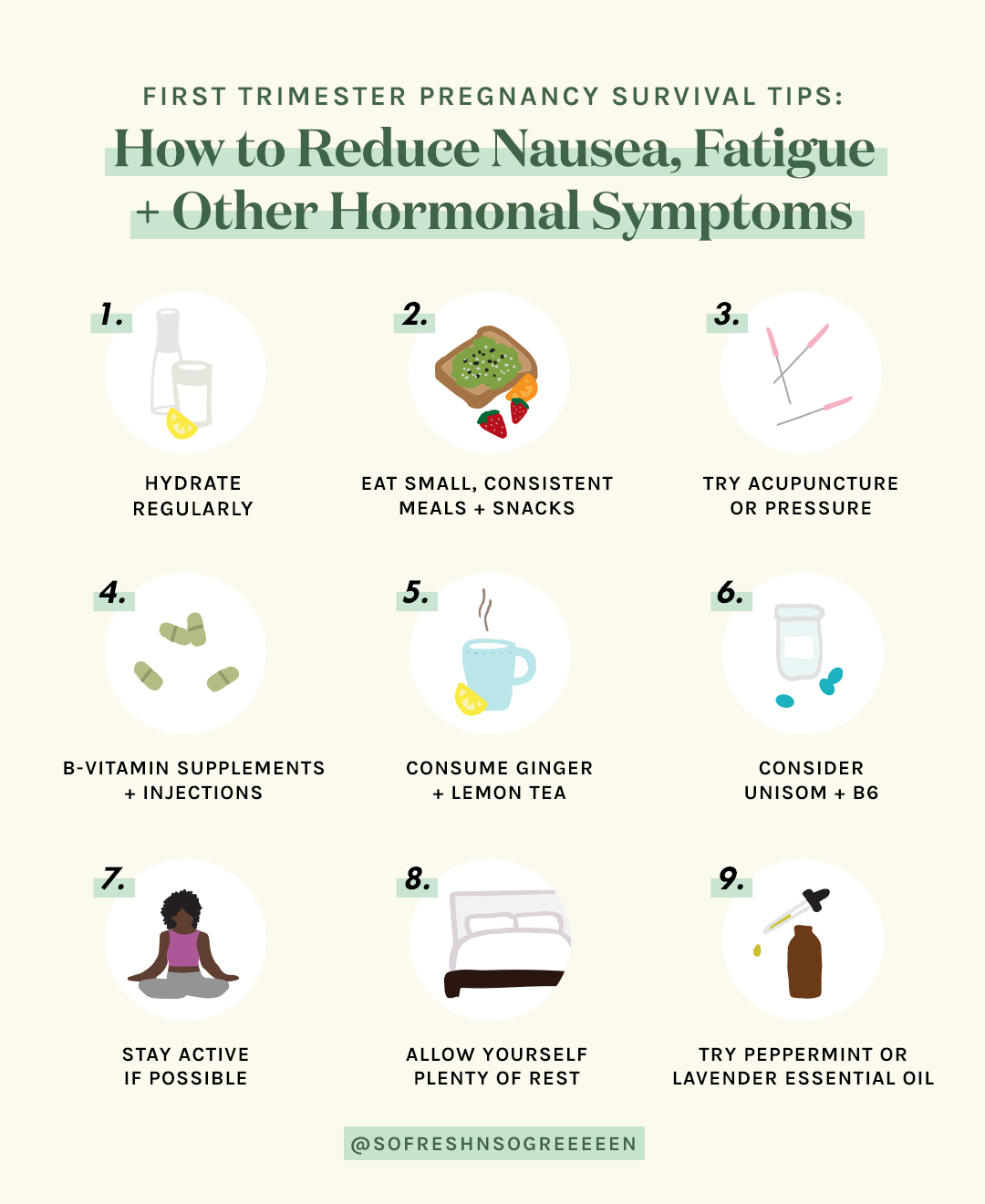

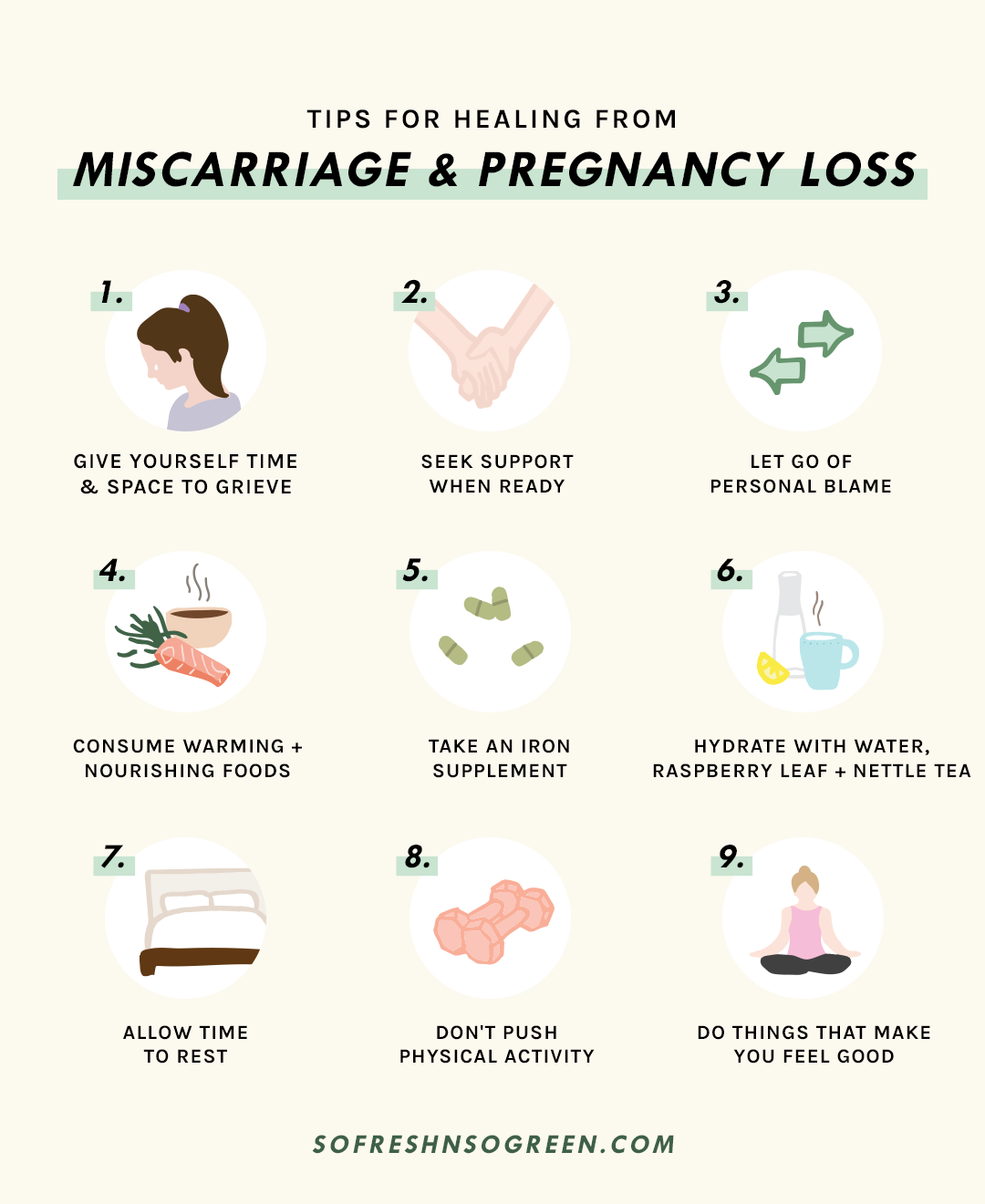
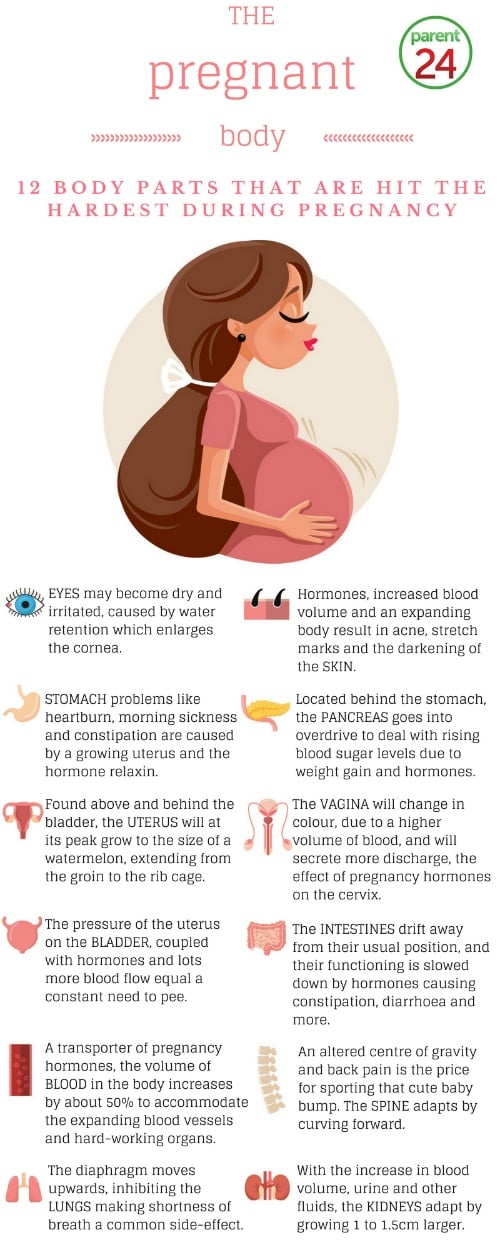
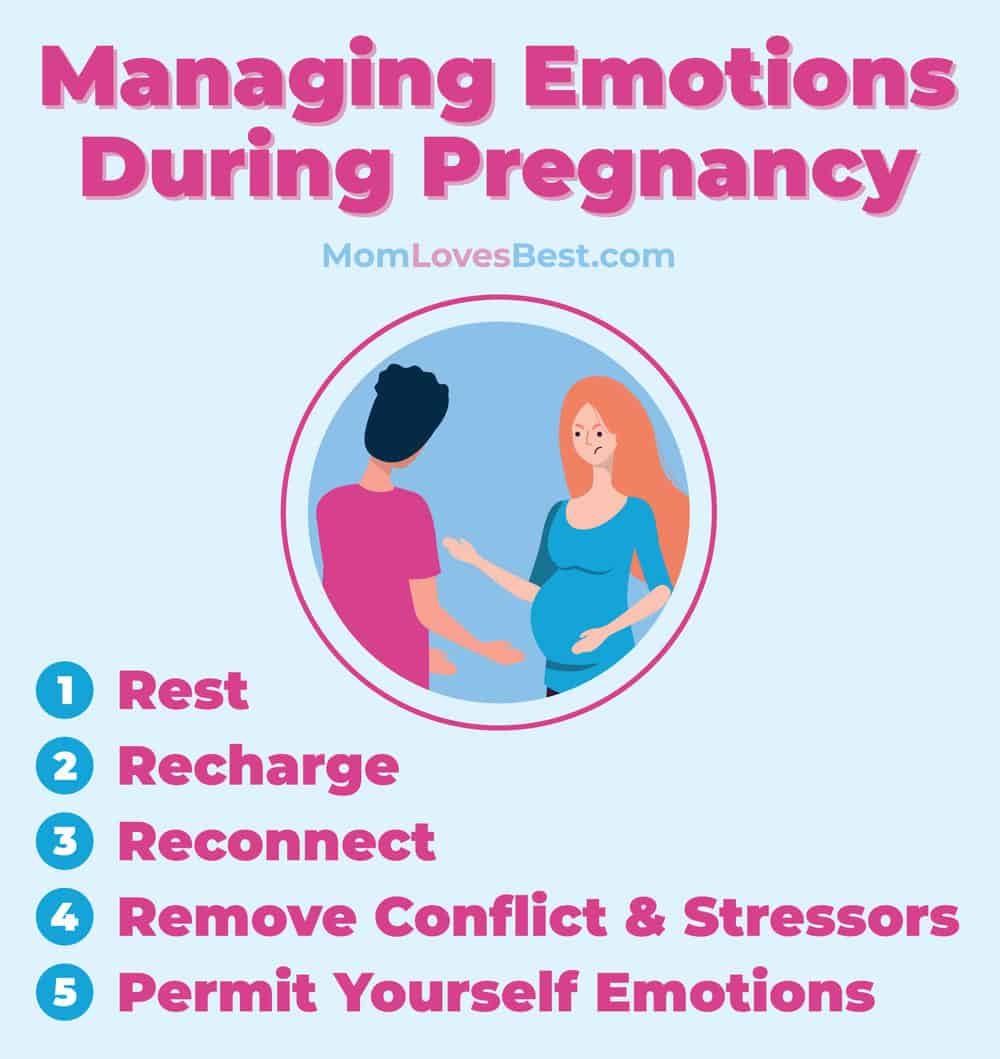



/shutterstock_1110630770-832abeed5f614e1e9ba96d29c19f19be.jpg)



/depressed-woman-crying-on-her-bed-887138636-5a9365ecfa6bcc0037a67932.jpg)



